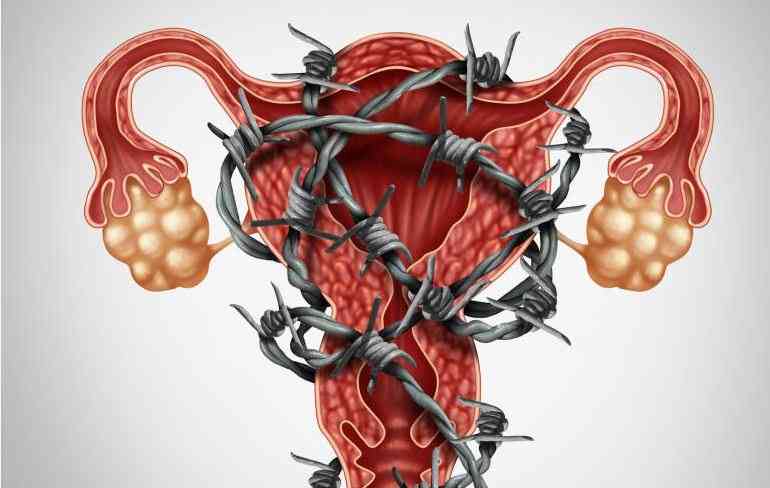
Guilt is an emotional or cognitive experience that occurs when a person feels responsible for or believes they have violated a moral standard. Its purpose is to let one know when they have done something wrong, to help develop a better sense of behaviour. The resulting guilt brought upon by mere interpretation of events does influence individuals, both physiologically and emotionally.
Healthy levels of guilt help to keep humanity from making mistakes. However, unhealthy guilt hinders fruitfulness in well-functioning relationships. Guilt is common in five areas according to Arlene F Harder; essential, deserved, self-generated, borrowed and hindsight guilt.
Essential guilt: This is the most basic guilt. It arises from disobeying commonly recognised codes of behaviour. These are the basic laws of civilised society and appear in various forms in all religions. For Christians, the Ten Commandments apply as the basic laws; murder, theft, rape, among others.
Deserved guilt: This is also related to responsibility toward others. It serves to afford an individual some discomfort if their conscience is pricked by neglecting their responsibilities. Relationships thrive as a result of deserved guilt, experiencing a level of guilt if obligations towards significant others is overlooked.
Self-generated guilt: This is the discomfort caused by such things as self-imposed deadlines, which is self-imposed. This produces feelings of ‘I ought to have done, I ought to have finished...’ and the reasons for these failures encourage this guilt.
Borrowed guilt: This is about anxiety, which ranges from a vague uneasiness to a serious case of the shakes. This is social based having been socialised that good people do not do such things.
The list is composed by things that are not illegal or immoral but that which teachers and parents did not approve of — like chewing gum in class or picking your nose — these become unspoken laws in life, influencing decision-making.
Hindsight guilt: This is the heaviest guilt of all because it comes from the impossible belief that we should have known how to prevent something unpleasant from happening. In this case, the prevention is of the things that one may have no control over, yet feel responsible for what has gone wrong.
Recognising the difference between these five kinds of guilt is not always easy. What is important is to understand how to get rid of unnecessary guilt regardless of the type so you can enjoy your life.
I suggest the following:
1. Good or Bad: Recognise that guilt is not necessarily bad. It does become a motivating factor to achieve desired outcome. It helps our moral compass and keeps individuals accountable and conscious of their environment and actions.
2. Evaluate: Examine the cause of self-generated guilt so that you can avoid putting yourself into those situations that might create guilt. Self-awareness is the heart beat of therapy.
3. Accept: To help clear your conscience, accept a mistake with dignity. Accepting a mistake and apologising for it brings healing both to self and the victim. Be true to yourself. Failure is not a sign of weakness... it is the beginning of learning.
4. Forgive yourself: Acknowledge that nobody is perfect. Being too hard on yourself on past failures is a hindrance to abundance. Learn to forgive yourself and move on. Consider it a personal gift.
Express your feelings, rather than projecting them onto others and becoming bitter. Apply, forgive and forget. Avoid repeating and talking about the failure. Dust your feet and move on.
It is appropriate to feel guilty when one has done something wrong. It is a normal feeling deserving of remorse. However, do not feel guilty. It could be a sign of psychopathy.
Get real with your emotions of guilt and do the needful. Work on building your relationships to live, love and thrive because you deserve it.
The writer is a Relationship Coach and Author, ‘Marriage Built to Last’. You can reach her on; www.jenniekarina.co.ke
 The Standard Group Plc is a multi-media organization with investments in media platforms spanning newspaper print
operations, television, radio broadcasting, digital and online services. The Standard Group is recognized as a
leading multi-media house in Kenya with a key influence in matters of national and international interest.
The Standard Group Plc is a multi-media organization with investments in media platforms spanning newspaper print
operations, television, radio broadcasting, digital and online services. The Standard Group is recognized as a
leading multi-media house in Kenya with a key influence in matters of national and international interest.










